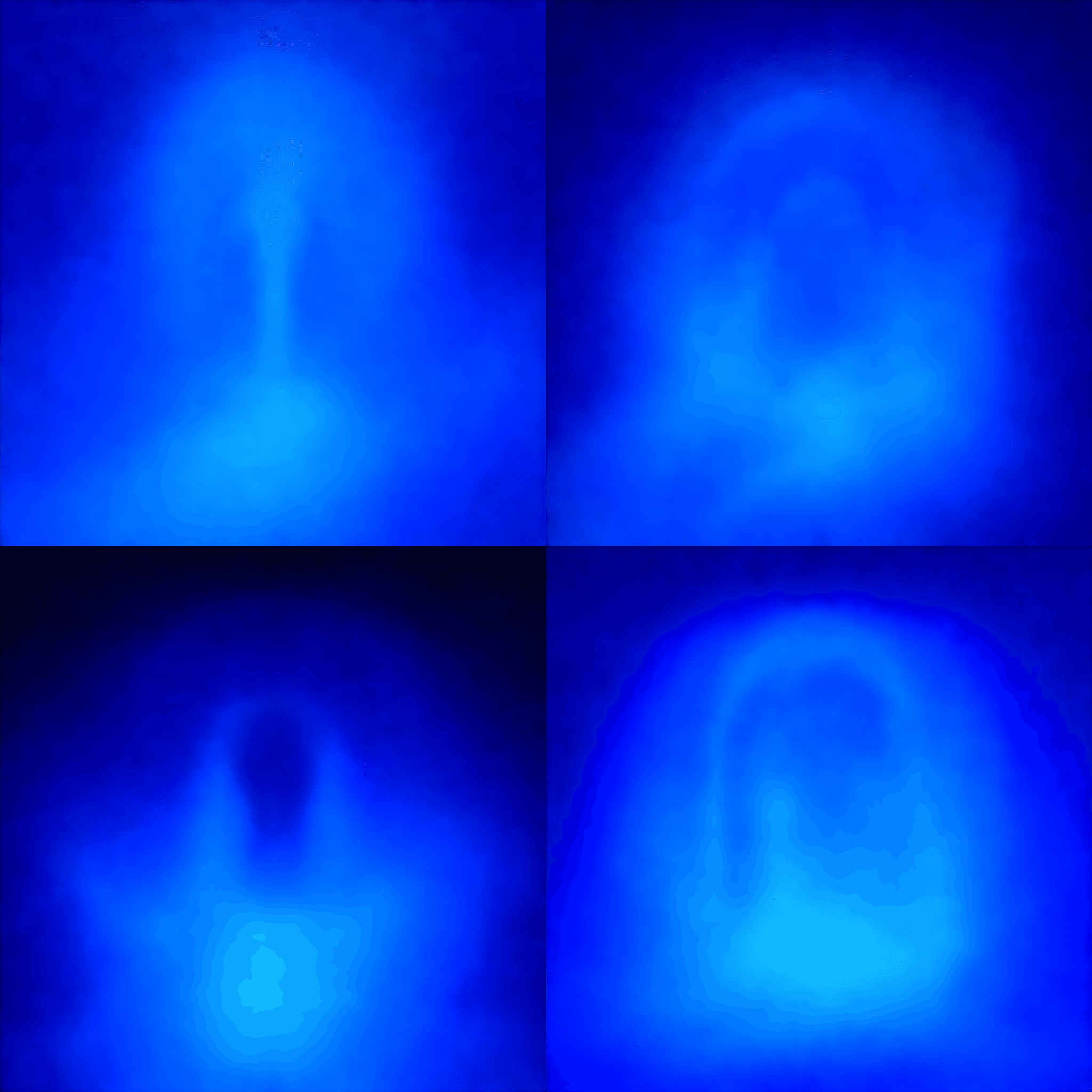Introduction
Attackers can achieve remote code execution on real estate websites running WPCasa for WordPress without authentication. This vulnerability impacts a widely used property management plugin, exposing sensitive business and client data to compromise across all sites using affected versions.
WPCasa is a real estate management solution for WordPress developed by WPSight. It is used by thousands of real estate professionals and agencies to manage property listings, searches, and agent profiles. The plugin is available in the official WordPress repository and forms the backbone of many real estate websites.
Technical Information
CVE-2025-9321 is a code injection vulnerability in the WPCasa plugin for WordPress, affecting all versions up to and including 1.4.1. The root cause is insufficient input validation and restriction in the 'api_requests' function, located in includes/class-wpsight-api.php at or near line 48 (reference).
The vulnerable function processes API requests from external sources. Due to a lack of proper input sanitization, unauthenticated attackers can craft malicious HTTP requests to the plugin's API endpoints. These requests can include arbitrary function calls or code payloads, which the plugin then executes on the server. This is a classic example of CWE-94 (Improper Control of Code Generation), where user input is used in code execution contexts without adequate validation.
No public code snippet is provided in the official advisories, but the vulnerability is confirmed to reside in the API handling logic. Exploitation does not require authentication, making it trivial for attackers to automate attacks against any publicly accessible WordPress site running a vulnerable version of WPCasa.
Affected Systems and Versions
- Product: WPCasa WordPress plugin
- Versions affected: All versions up to and including 1.4.1
- Any WordPress site with WPCasa 1.4.1 or earlier is vulnerable
Vendor Security History
WPSight, the developer of WPCasa, provides a suite of real estate plugins and themes for WordPress. The company maintains active documentation and support channels. No prior critical vulnerabilities were identified in the provided materials, but the presence of this long-standing flaw highlights the need for improved input validation and code review processes.



